Keywords: Girls
There are more than 200 results, only the first 200 are displayed here.
-
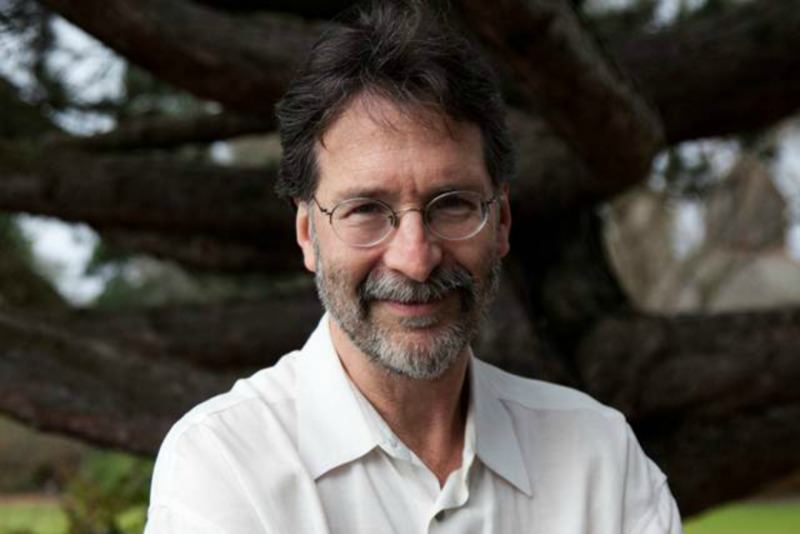
ARTS AND CULTURE
Brian Doyle was the editor of Portland Magazine at the University of Portland, the author most recently of the essay collection Grace Notes, and a long time contributor to Eureka Street. Brian died early Saturday morning 27 May 2017 following complications related to a cancerous brain tumour, at the age of 60. Here we present a collection of some of Brian's best pieces from the past 12 years.
READ MORE 
-
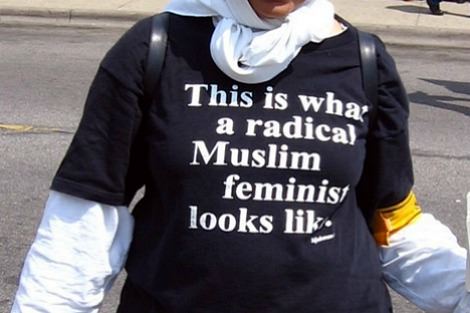
RELIGION
- Rachel Woodlock
- 29 May 2017
9 Comments
I used to have a t-shirt that read 'this is what a radical Muslim feminist looks like' and I got my fair share of raised eyebrows and challenging questions. The most obvious group that thinks Muslim feminism is oxymoronic are those who we've started to call the 'alt-right'. This group salivates over images of burqa-clad Muslim women scuttling in fear from their bearded oppressors. It is not that they want to free Muslim women so much as it is they don't want the Brown Man ruling.
READ MORE 
-

AUSTRALIA
- Barry Gittins
- 25 May 2017
7 Comments
Australian kids are being bashed, raped, starved, scorned and otherwise treated with no dignity or kindness. The study states it is not simply a case of one-off abuse, noting that 'research has demonstrated that maltreatment sub-types seldom occur in isolation (e.g. sexual abuse is often accompanied by psychological maltreatment or physical abuse)'. That is difficult reading. It makes me sick to write it. But the paper should, in a just society, serve as a catalyst for a national conversation.
READ MORE 
-

ARTS AND CULTURE
If two current Australian films are anything to go by, then one social issue weighing on local filmmakers in 2017 is the danger to women of emotionally and physically violent men. Neither film is a mere portrait of victimhood. The heroes of Cate Shortland's recent Berlin Syndrome and Ben Young's upcoming Hounds of Love - in the former, an Australian traveller in Europe, in the latter, a teenage school girl in suburban Perth - are ordinary women with both the will and capacity to fight back against their assailants.
READ MORE 
-

RELIGION
- Frank Brennan
- 08 May 2017
1 Comment
Our Church is presently a strained, outdated social institution with an exclusively male hierarchy and clergy. But it is also the privileged locus for us to be called to the banquet of the Lord sharing theology and sacrament which have sustained the hearts and minds of similar pilgrims for two millennia. Thank God for Pope Francis who is showing us the way, helping us to find meaning in our changing and chaotic world, putting a fresh spring in the step of all those Catholics holding in tension the prophetic and the practical, the theological and the humanist, the tradition and the contemporary reality.
READ MORE
-

RELIGION
- Frank Brennan
- 29 March 2017
1 Comment
'We need to be more focused on grace, Christ and God's word, rather than just on law, the Church and papal utterances. But today, I will draw more on law, the Church and the Pope to point us towards those more fruitful domains: grace, Christ and God's word. Our future visioning needs to focus more on the gospel imperatives including the option for the poor and the dignity of all persons, including those who are non-believers.' Address to Catholic Health Australia's Catholic Governance Symposium, 27 March 2017
READ MORE
-
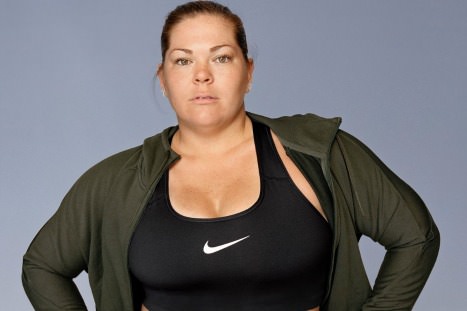
MEDIA
- Rachel Woodlock
- 23 March 2017
3 Comments
Elite athletes wear Nike. Celebrities wear Nike. Beautiful people. People who take their sports seriously. Well, that's what decades of advertising around the little swooshy tick and 'Just Do It' trademark told us. Fat girls don't deserve to wear Nike because they are supposed to feel ashamed of their ample girths. They should exercise, of course, but in sackcloth and ashes, with downcast faces, signalling they understand their moral depravity. Some people, it seems, still feel that's the way it should be.
READ MORE 
-
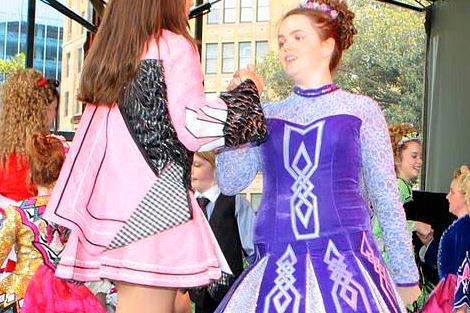
RELIGION
- Francine Crimmins
- 16 March 2017
8 Comments
My grandfather told me Patrick was a saint because he drove the frogs and snakes out of Ireland. He also told me if I stepped in a fairy ring while we were on our walks I'd disappear forever. So naturally as I grew older, I became skeptical. Each year in my family St Patrick's Day has marked a survival of Irish culture in Australia. Sometimes this can be in subtle ways and sometimes it means singing at the top of our lungs, enjoying a drink and having a dance.
READ MORE 
-

ARTS AND CULTURE
- Tim Kroenert
- 14 February 2017
1 Comment
There's a gag about sitting in the back of the bus, the realities of segregation dismissed with a giggle; references to university sit-ins and firebombings come via the eyes of a cartoonishly earnest character. Meanwhile the White characters are either the object of contrived sympathy, or too thinly drawn to invoke genuine menace. Accusations of 'cultural appropriation' might be uncharitable, but the short shrift given to the real, continuing hardships of Black experience raises questions about objectives and authenticity.
READ MORE 
-
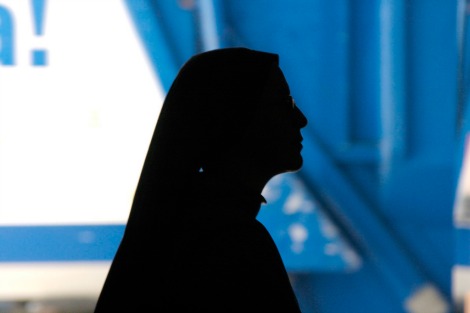
RELIGION
- Julie Davies
- 07 February 2017
20 Comments
Sister Barbara taught me in my fifth and sixth years. She had a large multi-grade class, yet she found time to realise I wasn't 'a bit slow' but was actually half-blind, partially deaf and bored witless. She ensured I was placed close to the front where I could hear, and arranged my first eye examination. Sister Barbara also sent away for high school English books just for me and that year this supposedly 'slow' child came first in class. These acts changed the course of my life.
READ MORE 
-

RELIGION
- Frank Brennan
- 06 February 2017
17 Comments
Listening to the media and our church leaders in recent days, we know that there is plenty of darkness ahead for our Church in the weeks ahead with the Royal Commission's so-called 'Catholic wrap-up'. We're told that the statistics will be terrible and we expect that some of our church leaders will appear, looking stunned and helpless. This morning, I think we need to reflect on these stark realities in the light of the scriptures. And this can be done only by holding the victims clearly in focus.
READ MORE
-
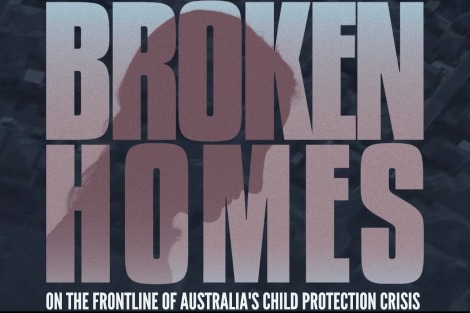
AUSTRALIA
- Oliver Jacques
- 27 January 2017
10 Comments
Allowing the Catholic Church to investigate itself was once described by an abuse victim as akin to 'putting Dracula in charge of a blood bank'. The Church now largely accepts the value of outside scrutiny, and has even endorsed a national redress scheme that would subject it to independent examination of its complaint handling and treatment of victims. But there is another institution - plagued by rampant child abuse in 2016 - where the vampires in charge are still trusted to mop up the blood.
READ MORE 